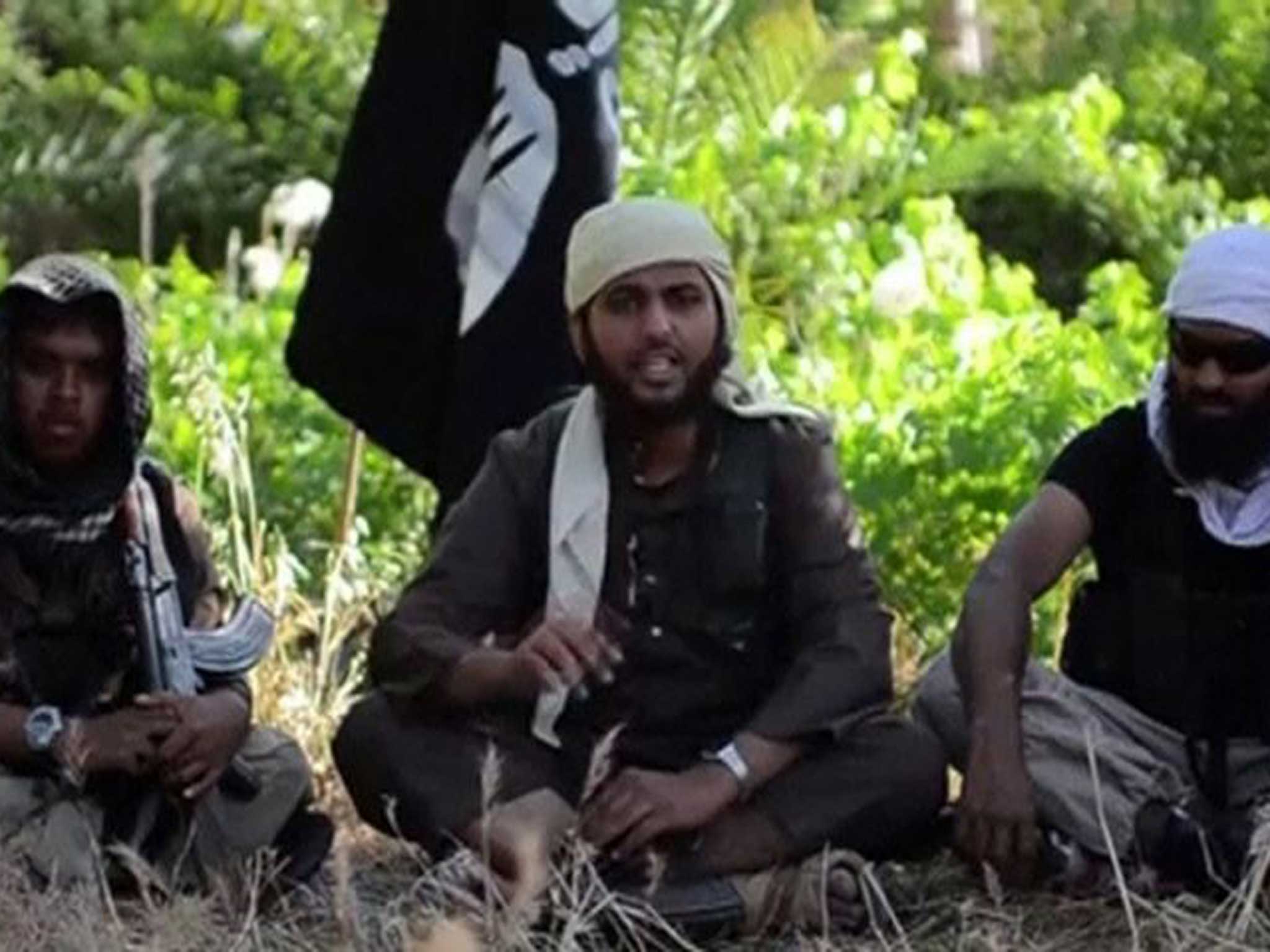Isis in the UK: How the 'War on Terror' radicalised a generation
Disaffected Muslim youths are being failed by the government. They need to feel included in British society, not expelled from it

If we really want to understand the process of radicalisation then we have to strive to understand the lived reality of the ‘War on Terror’ generation. We need to accept the deeply traumatising effect of the last 13 years - the daily vilification and demonisation of Muslims through a conveyor belt of stories depicting death, destruction, pornographic violence and hopelessness.
Imagine these are your formative years and as you grapple with the challenges of being young and growing up in society you’re having to deal with this daily barrage. The young Muslims I work with are often deeply troubled by this reality and most of them have to negotiate the challenges of identity, integration and inclusion on their own.
Just take some time and try to really imagine and understand this lived reality.
Imagine your frustration that no one is listening to you and giving you a voice; that your parents don’t understand; the mosque doesn’t understand; and the Imam definitely doesn’t understand.
Imagine that no matter how hard you try to fit into society you are always seen as the other; that you’re always ‘Muslimed’ even though you want people to see you are more than this.
Imagine a 300 per cent increase in stop-and-searches of people like you, anti-terror laws designed to entrap you, and the resurrection of 300 year old treason laws just to charge people like you.
Imagine seeing your co-religionists portrayed routinely as murderers, psychos, paedos, crackpots and shouting “that does not reflect me,” and yet no one listens.
Imagine a daily diet of death and destruction in the countries that your family and friends live in and come from.
Imagine becoming desensitised to extreme pornographic violence, beheadings and martyrdom missions.
As someone who works directly with young people at risk of violent extremism, one of the factors that feeds the disaffection preyed on by extremist ideologues is this sense of grievance – the sense that Muslims are treated less favourably than other groups. It is imperative that we guard against this.
We need to recognise that while we have all the legal instruments and policy frameworks to prevent terrorism, what we don’t have is an effective frontline counter radicalisation, counter messaging and counter narrative intervention the massive social media footprint of extremists groups.
They also failed to provide an effective replacement strategy and massively cut the funds allocated to community-based work. This has resulted in the loss of the four main community-based initiatives that were working with thousands of ‘at risk’ individuals in London being closed down.
At a time when we need a comprehensive, independent multilayered intervention strategy, this is wholly unacceptable and grossly incompetent. Politicians need to stop playing games and trying to score cheap political points at the cost of our homeland security. They need to leave the frontline work to the agencies that have proved they can do it and commit the funds and resources needed so that they can do their job effectively.
Given that London is deemed to have the largest group of individuals who have gone to Syria to fight, clearly the Government have been caught napping and severely underestimated the potential risk. They were not monitoring the online space and recruitment.
What works is reaching out to young people, being in the spaces both real and virtual where they are at risk, connecting with them in an empathetic and humanising way and channelling them away from extremism. We need to recognise many of the young that are preyed upon and groomed by extremist ideologues are vulnerable and it is vital we connect with them on a human and compassionate level. The ‘war on terror’ rhetoric that we have seen over the last 13 years has only contributed to the polarisation of our society.
It seems unpopular to try to humanise the radicalised but until we acknowledge this lived reality and start to change the paradigm of how we relate to young Muslims, then we will never really stem the tide of disaffection and disempowerment that the extremist ideologues with their sophisticated media machine target as easy pickings. What’s worse is that we have made it easy from them and, if anything, often push young people in to their arms. I fear that we cannot go on for another ten years with this paradigm because the beast that will be created will only make Isis and their ilk look tame.
Surely it is a failure in our intervention when young people find the call of the Isis murderers more alluring and enticing then what we are to offer in the mainstream?
Alyas Karmani is the Co-Director of STREET-UK (Strategy to reach, empower and educate teenagers)
My Brother the Terrorist is on BBC iPlayer now




Join our commenting forum
Join thought-provoking conversations, follow other Independent readers and see their replies